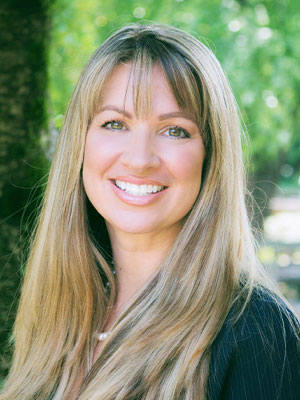Victoria E. Kress, PhD, LPCC-Supervisor, OH

President Elect (2025-2026)
American Counseling Association
Dr. Victoria E. Kress (she/her) is the elected 75th president of the American Counseling Association (ACA), taking office on July 1, 2026. She has been a counselor for three decades and a counselor educator for over two decades. Kress is the director of the Clinical Mental Health and Addictions Counseling Programs at Youngstown State University.
She has served two terms on Ohio’s Counselor Licensing Board and was instrumental in updating Ohio’s Counselor Practice Act. Kress is the recipient of more than 50 professional and community service awards, most of which were for her advocacy, leadership, scholarship, community service and mentorship initiatives. She has also received awards for her work with people who have intellectual disabilities, empowering girls in her community, sexual assault prevention efforts and child abuse advocacy work.
She is a past president of Chi Sigma Iota International, the Association for Humanistic Counseling, the Ohio Counseling Association, the North Central Association for Counselor Education and Supervision and a past ACA Midwest Region chair. She has served as a member of ACA’s Governing Council and has chaired or served on over 100 counseling-related committees.
Kress has published over 130 refereed articles and book chapters, and she has co-authored eight books on counseling youth and adults. She has been recognized as one of the top producers/publishers in counseling journals over the past two decades.
Over the past decade she has volunteered and worked in Malawi, Zambia, Rwanda and Tanzania, promoting mental health awareness and training, and the professionalization of counseling in East Africa.
She is passionate about child advocacy, trauma-informed practices, growing counseling leaders, mentorship of developing counselors and legislative advocacy.
